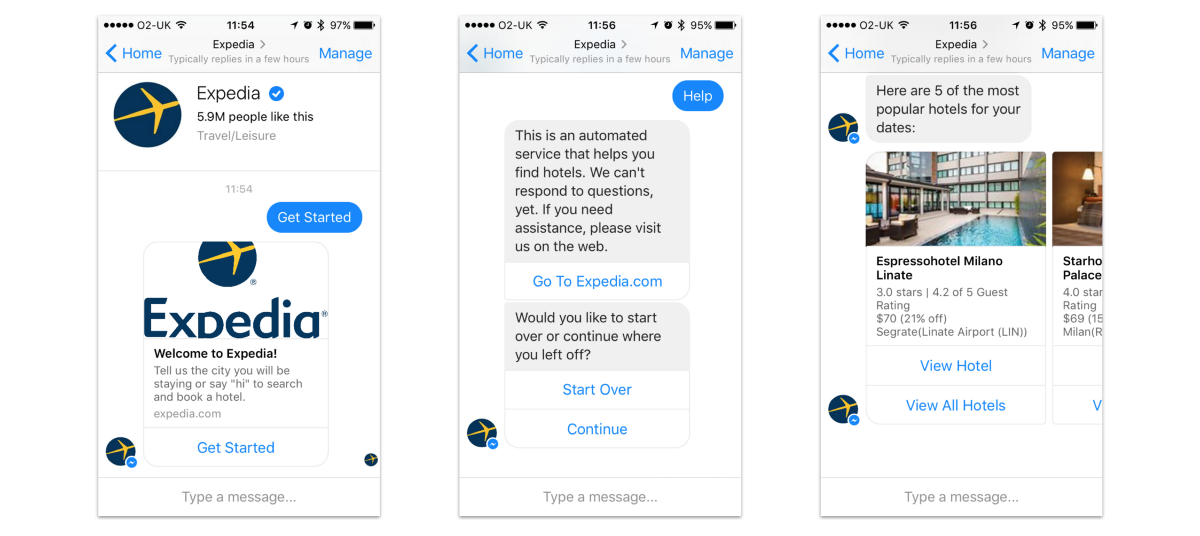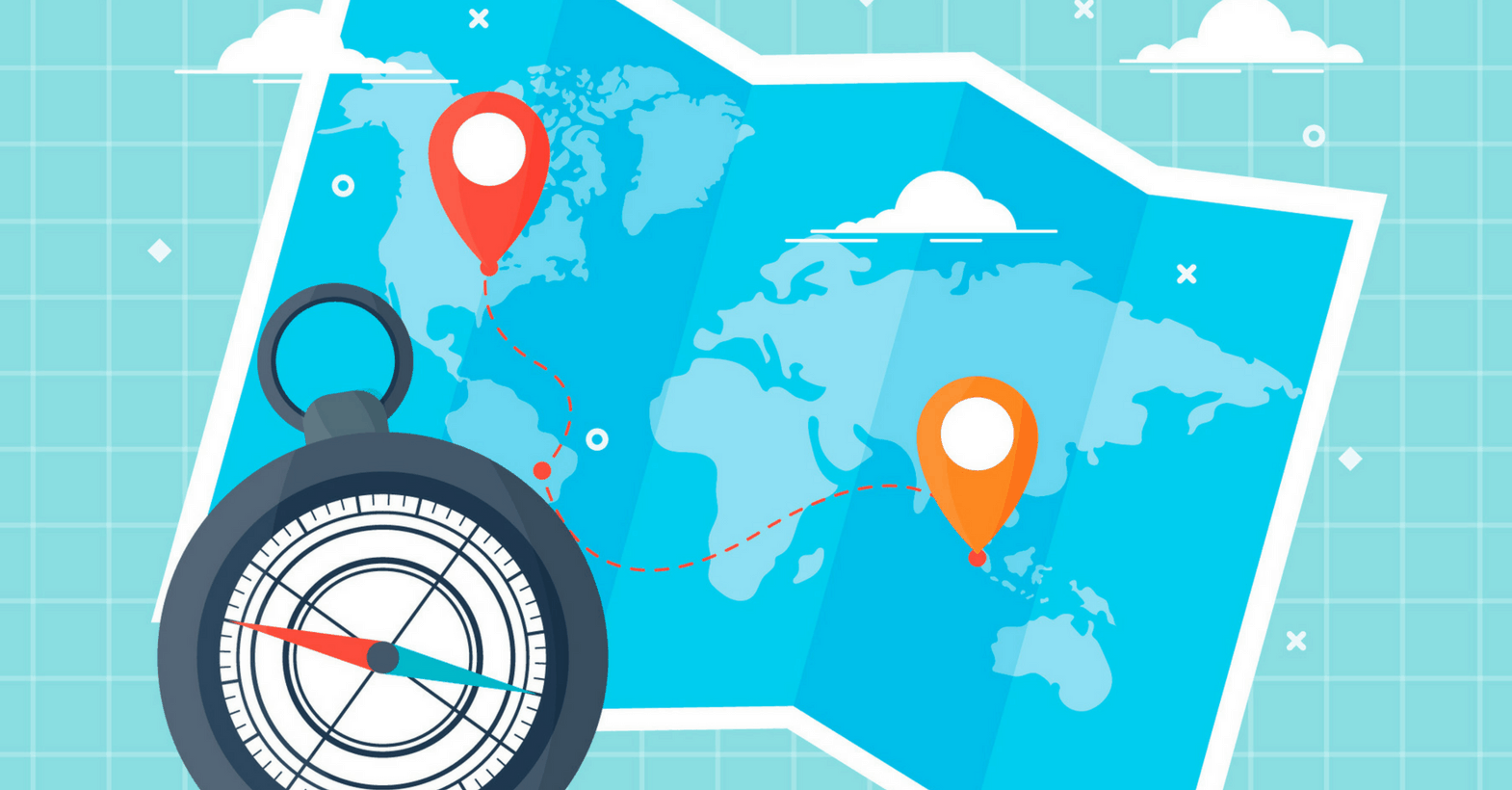Travel businesses have a trust problem. In an age when consumers are increasingly wary of the legitimacy of travel offers (thank you, Fyre Fest!), convincing them to spend a considerable amount of money for a sweet ol’ vacation is a challenge.
source
This is the year of relationship marketing which stresses a level of communication that is transparent, consistent, and devoid of any sales tactics per se.
Today, savvy marketers can convert a travel experience into a story starting as soon as the consumer follows a brand on social media. And this conversion can take place across multiple digital touchpoints.
A BI Intelligence report states messaging apps have finally caught up with social media in terms of use and popularity.
source
The total global monthly active users of Facebook, Instagram, Twitter, and LinkedIn are between $3-3.5 billion which is less as compared to the total active users of messenger apps (including WhatsApp, Viber, Facebook Messenger, and WeChat) which is around 3.7 billion.
According to an infographic by NetAffinity, a hotel engine provider, 21% of bookings come through mobile devices. In the coming years, a customer will manage 85% of its relationship with an enterprise without interacting with a human being.
Who is going to liaise with the consumers then? Yes, that’s right! Chatbots will.
Travel bots are ruling the digital landscape
Remember when Facebook CEO Mark Zuckerberg said “people will be able to talk to Messenger bots just like they talk to friends”. Well, it is happening right now, folks! The use of chatbots is fast extending to the travel industry as the immediate interface of customer interaction.
A travel bot can help consumers manage their bookings without having to wait on the phone line for a sales rep. It can act as a personal assistant that responds to inquiries, gives recommendations, and sends friendly reminders in real-time.
Online travel companies such as Skyscanner, Expedia, Kayak, Booking.com, Cheapflights have been experimenting with the new Facebook Messenger Bots for quite some time to assist their customers in searching for flights at reasonable rates.

Travel bots are so “subtly” mainstream, chances are you must have also encountered at least one of them while planning your vacation. I know I have!
A TravelZoo survey states 80% of 6000+ travelers in Asia, Europe, North America and South America expect robots will play a key role in travel soon. I If that’s clearly the future, now is the time to study how chatbots are transforming the travel industry:
Five fantastic uses of travel bots
1) New digital touchpoint
Travel bots serve 24/7 to the consumers on the front-end and help them with queries and to travel-related give suggestions. Unlike a human-to-human interaction that happens at a specific time, a consumer can chat with a bot at any point in the day or night.
source
Chatbots put the “instant” in instant messaging.
2) Improved customer engagement
Once a bot has latched on to a consumer, it will try to interact with him on different levels. A travel bot will give multiple options to book holidays. Once the booking is done, it will start sending out reminders (on email, as a push notification or on mobile) as the holiday date comes closer.
source
When the customer finally arrives at the destination, the travel bot will suggest places to go, facilities to avail (eg: spa, day tours, transport, etc.), food to try and more. Chatbots can also take unsolicited feedback from customers after they are back from their holidays.
3) Optimized staff services
Travel bots are at least two steps ahead of the hotel staff and Tour Company as they are the main point of contact with the humans.
source
Once the bot knows what the consumer expects from the holiday, it will convey the same to the people who make the holiday package and coordinate with staff at the destination accordingly. This way, the staff can shun bottlenecks and make the travel experience smooth.
4) Augmented opportunity to upsell and cross-sell
A study by Retale found that on asking whether or not the respondents had ever used a bot, 60% of them said “yes”. If a consumer is just asking for a flight, the travel bot can also suggest hotels and activities do. It’s just a smart way of not only engaging with the consumer but also selling him more services.
5) Hyper-personalization
Chatbots are multilingual. Imagine the diverse market they have a scope of tapping into! Online travel companies like Cleartip.com may not have a bot yet but they sure make recommendations on the basis of the location of the user.
What better than a travel bot that can not only converse in the local language of the user but also suggest things to do as per his location?
Over to you
23% of millennials are predicted to travel and spend $1.4 trillion in the coming years. The travel industry has a bright future, and chatbots can definitely help tap that potential.













